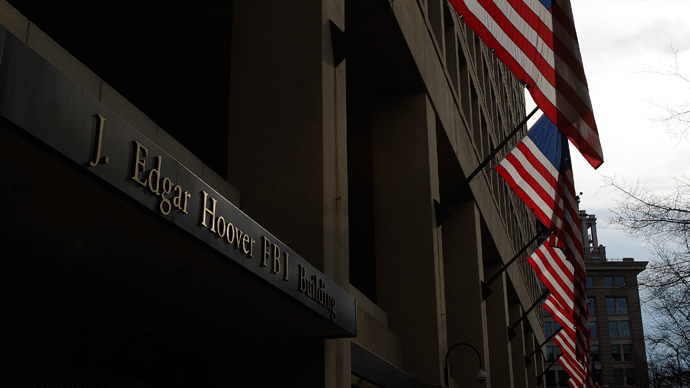FBI facial records could contain 52 million images by next year

The Federal Bureau of Investigation’s database of facial recognition records is expected to contain 52 million images by 2015, according to a new report that is likely to reinvigorate civil liberty advocates concerned about the agency’s data collection.
The Electronic Frontier Foundation (EFF) obtained internal documents as a result of a Freedom of Information Act (FOIA) lawsuit against the bureau’s Next Generation Identification (NGI) program.
The NGI database contains over 100 million individual records that link a person’s fingerprints, palm prints, iris scans, and facial recognition data with personal information like their home address, age, legal status, and other potentially compromising details. The most controversial aspect of the NGI is the facial recognition information, which civil liberties advocates have said for years is among the most serious future threats to Americans’ privacy.
The documents provided to the EFF indicate that in 2012 the FBI possessed 13.6 million pictures, belonging to between 7 and 8 million people. One year later that number had jumped to 16 million images. By 2015, with help from an image processor that the FBI hopes will be able to sort through 55,000 photos each day, the NGI could have no less than 52 million images logged.
Americans not suspected of any criminal activity could easily be swept up into the NGI, according to the EFF, in any number of ways. An individual who goes through a fingerprint background check for an employment opportunity, for instance, could soon be required to submit a picture of himself along as well.
That picture could be stored alongside images of suspected criminals, unlike fingerprints, where a clear differentiation is made between law-abiding citizens and those who have been in trouble with the law before.
Jennifer Lynch of the EFF wrote that there is cause for concern because “the FBI and Congress have thus far failed to enact meaningful restrictions on what types of data can be submitted to the system, who can access the data, and how the data can be used. For example, although the FBI has said in these documents that it will not allow non-mug shot photos such as images from social networking sites to be saved from the system, there are no legal or even written FBI policy restrictions in place to prevent this from occurring.”
How lawmakers will react to the FBI’s intentions, or if they knew about them already, is not yet known. When the FBI’s facial recognition intentions first made headlines, Minnesota Senator Al Franken, then-chairman of the Senate Subcommittee on Privacy, Technology, and the Law, used a congressional hearing to warn that such programs “could be abused to identify protesters at rallies, and target them for selective jailing.”
FBI officials have consistently sought to debunk such speculation, although other arms of the Obama administration have expressed more skepticism. The National Telecommunications and Information Administration issued a statement last month conducted a study into consumer practices, although it is unclear whether that the agency will try to regulate the FBI.
“Facial recognition technology has the potential to improve services for consumers, support innovation by businesses, and affect identification and authentication online and offline,” they said in a statement in February as quoted by The Verge. “However, the technology poses distinct consumer privacy challenges.”














